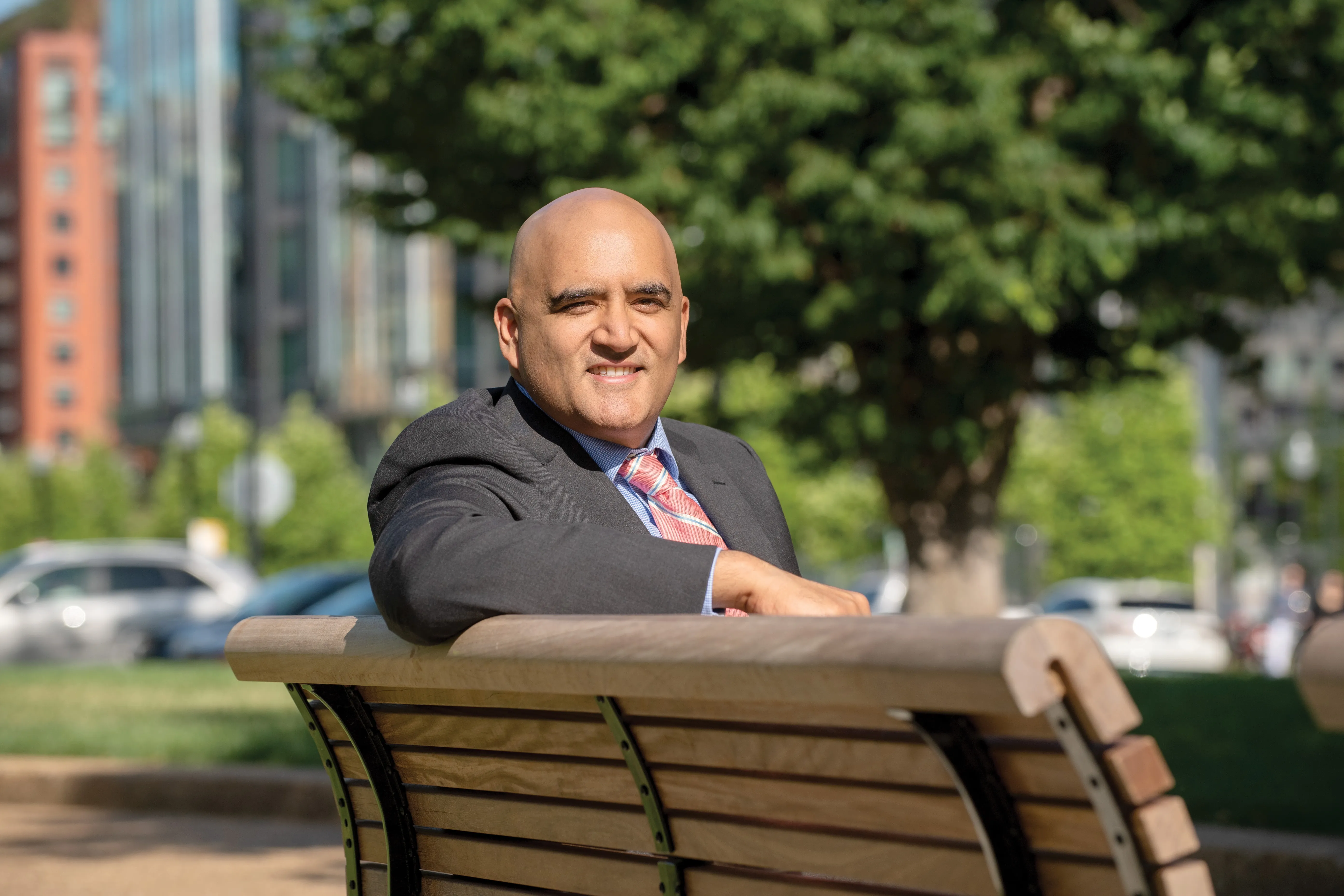
New legislation promising investment in US transport infrastructure and promoting road safety technology has been welcomed by ITS America.
The organisation's president & CEO Shailen Bhatt has warmly praised the Investing in a New Vision for the Environment and Surface Transportation in America (Invest in America) Act, released by House Transportation & Infrastructure Committee leaders.
It authorises nearly $500 billion over five years to address some of the US's creaking infrastructure, and increases the money available for public transit options.
In a statement, the committee said the act "also accounts for the economic downturn caused by the global pandemic" and will ensure states, cities and transit agencies "can advance projects and preserve jobs in the aftermath of the Covid-19 crisis".
It adds that the legislation "authorises a sharp increase in funding to continue current programmes" in 2021 and 2022.
This is music to the ears of ITS America.
“First and foremost, the bill recognises Covid-19’s impact on our nation’s state and local transportation agencies and provides needed support over the next year,” Bhatt says.
“Beyond these immediate needs, we appreciate the increased long-term funding in the bill, because building infrastructure for the 21st century requires a multi-year investment."
Committee chair Peter DeFazio said: "We’re still running our economy on an inefficient, 1950s-era system that costs Americans increasingly more time and money while making the transportation sector the nation’s biggest source of carbon pollution."
This is an opportunity "to replace the outdated systems of the past with smarter, safer, more resilient infrastructure", he added.
Bhatt continues: "ITS America is gratified to see so many positive aspects in the bill that will lead to more research in and deployment of technology, including increasing access to mobility services by making Mobility on Demand an eligible activity under transit programmes."
However, he was particularly pleased about the focus on road safety.
"The data is stark – nearly 37,000 people die on US roads every year," Bhatt said.
"Technology that allows vehicles to talk to other vehicles, the infrastructure, and vulnerable road users such as pedestrians and bicyclists is the best tool we have to save lives."
"This bill, for the first time, makes Vehicle to Pedestrian technology eligible, which is critical to combating the rise in pedestrian and cyclist injuries and fatalities."
Cathy Chase, president of campaign group Advocates for Highway and Auto Safety, also welcomed the announcement.
"Unfortunately, we do not yet have a cure for Covid-19," she said. "But we do have proven and available safety solutions to address the preventable fatalities and injuries occurring on our nation’s roadways year after year."








